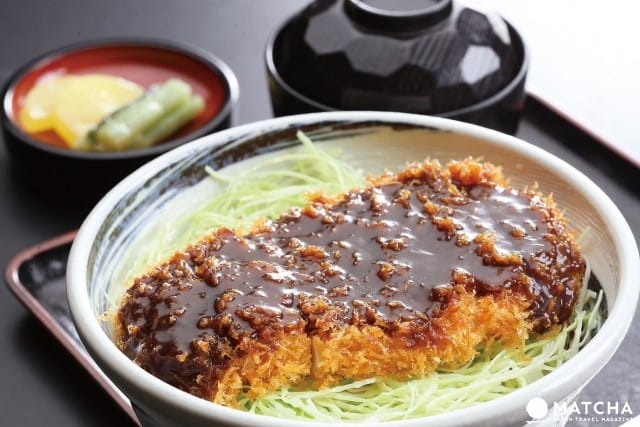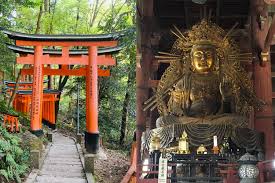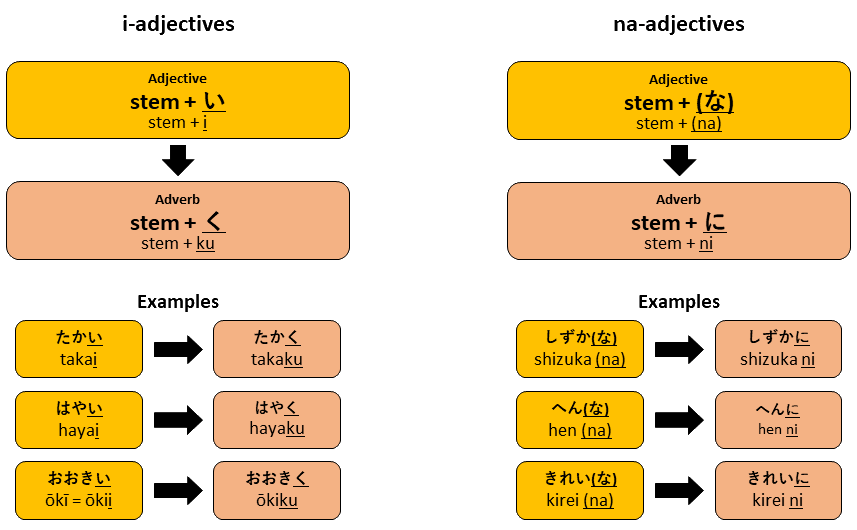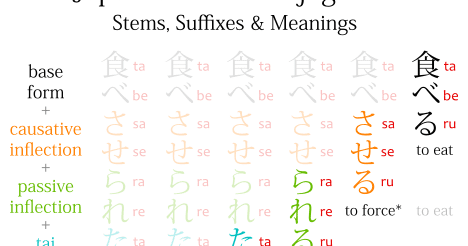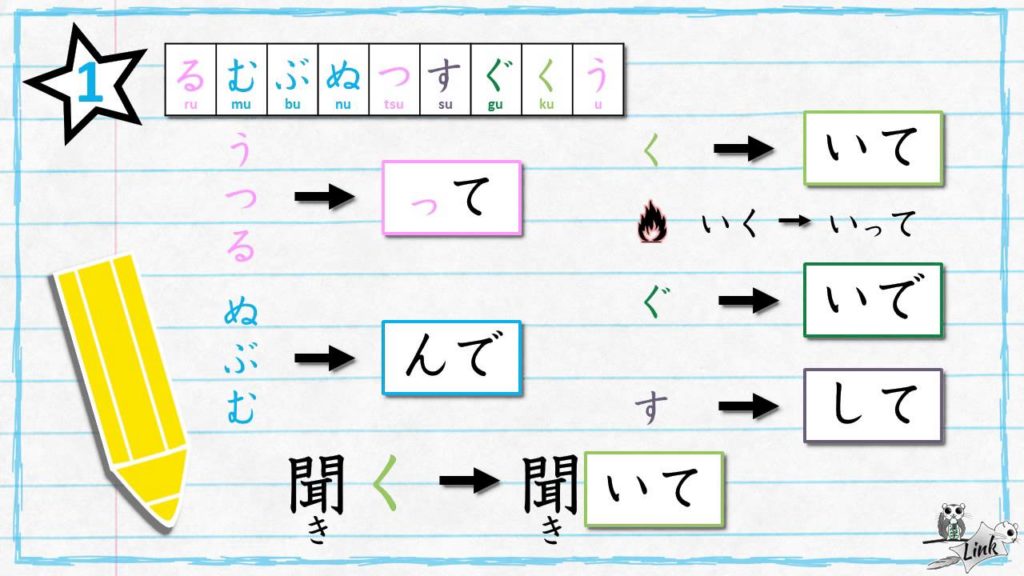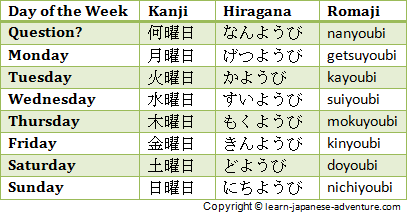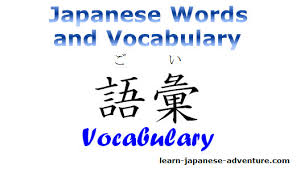Dress & style
Japanese women in kimono. The truth is that Japanese usually dress like Westerners (almost to the point of emulation). When it comes to kimono, most Japanese wear dress kimonos (usually worth thousands of dollars) only twice, when they turn 20 and go to the “coming-of-age ceremony” and when they get married. […]


